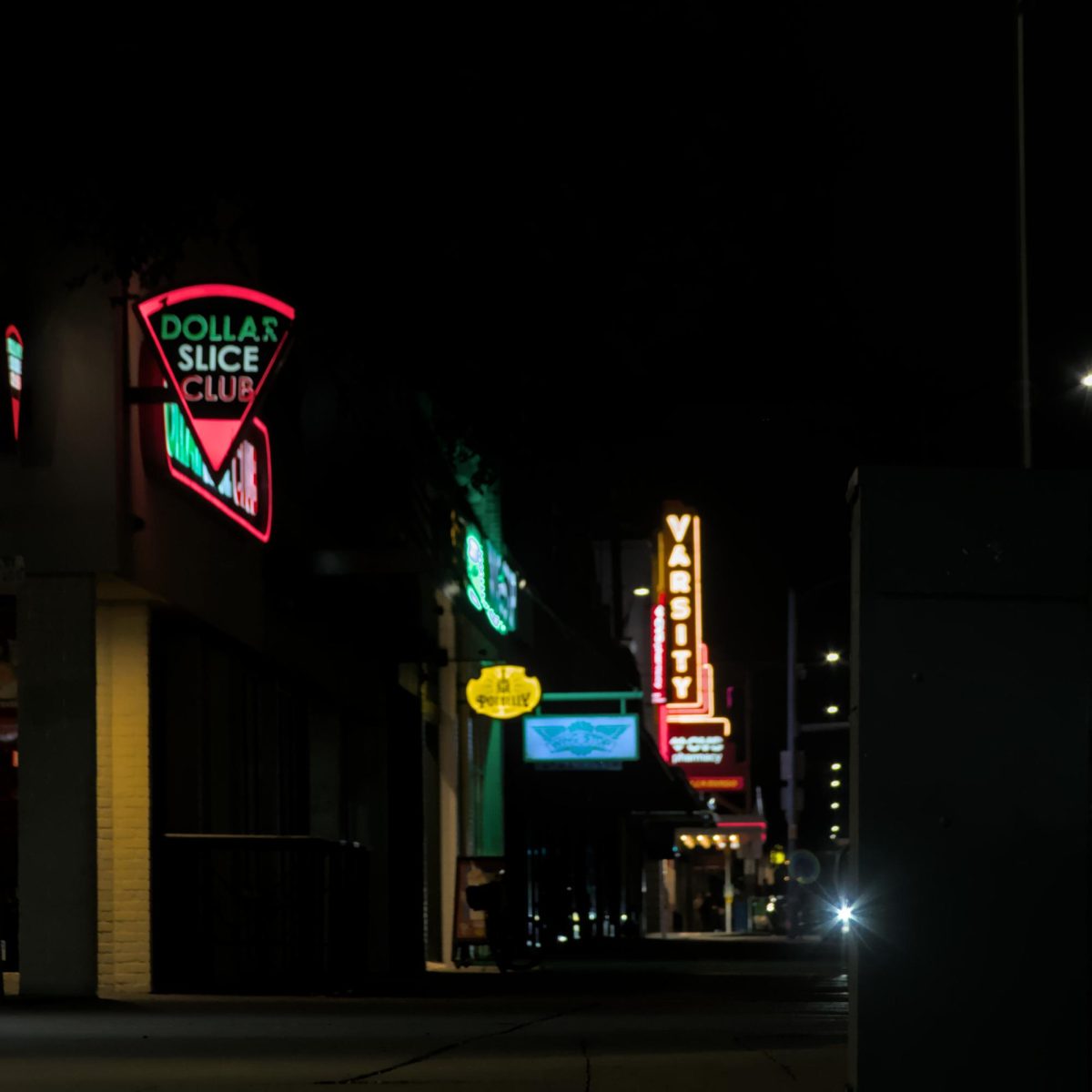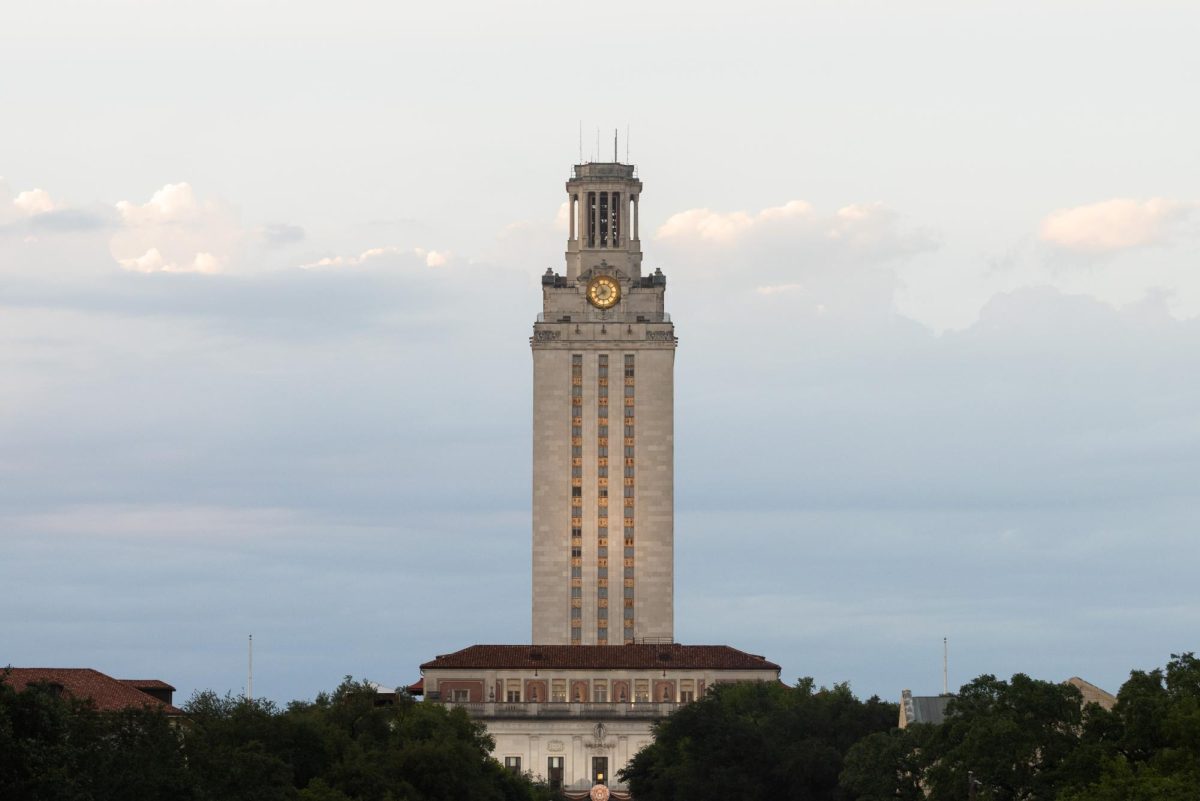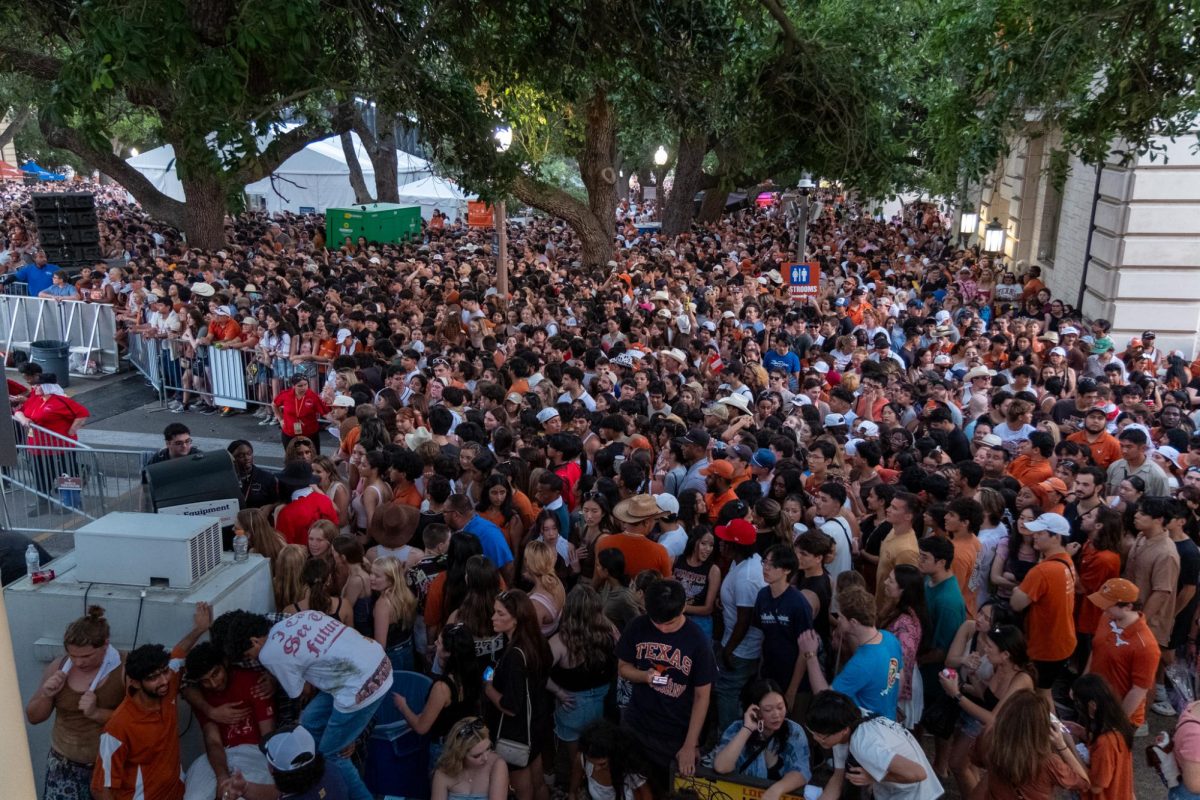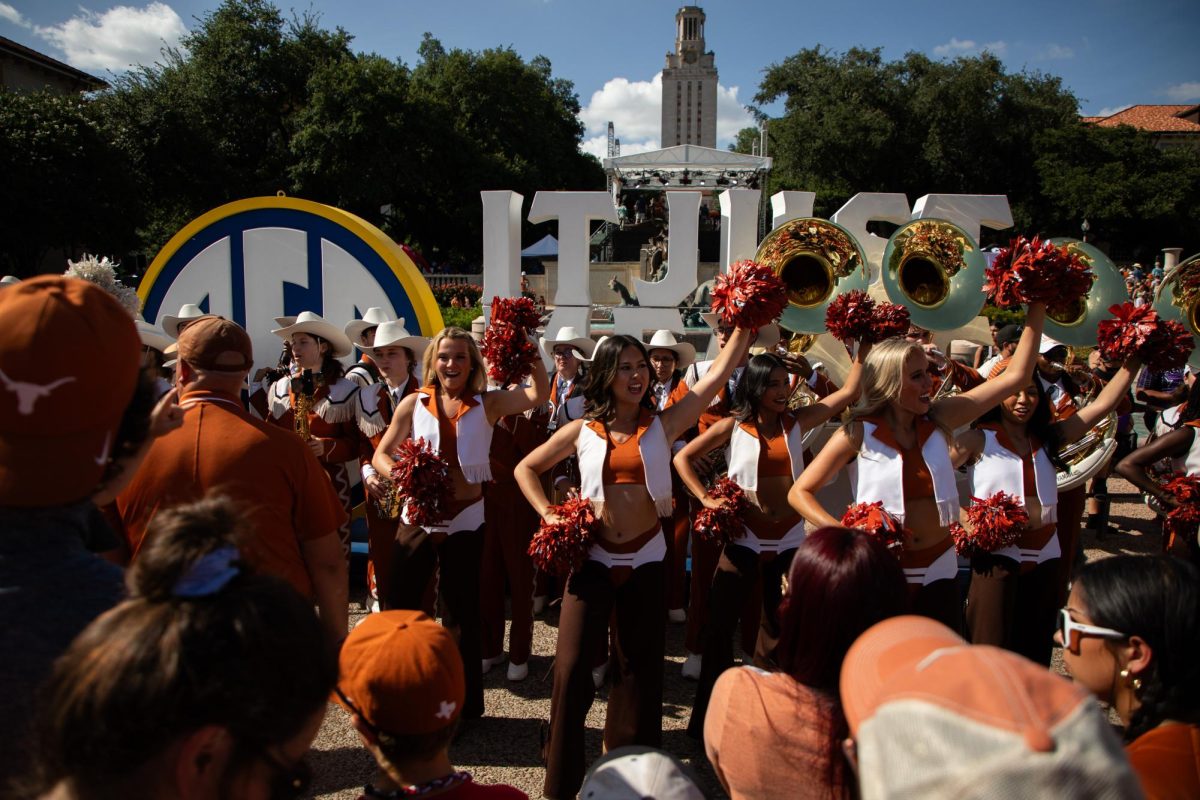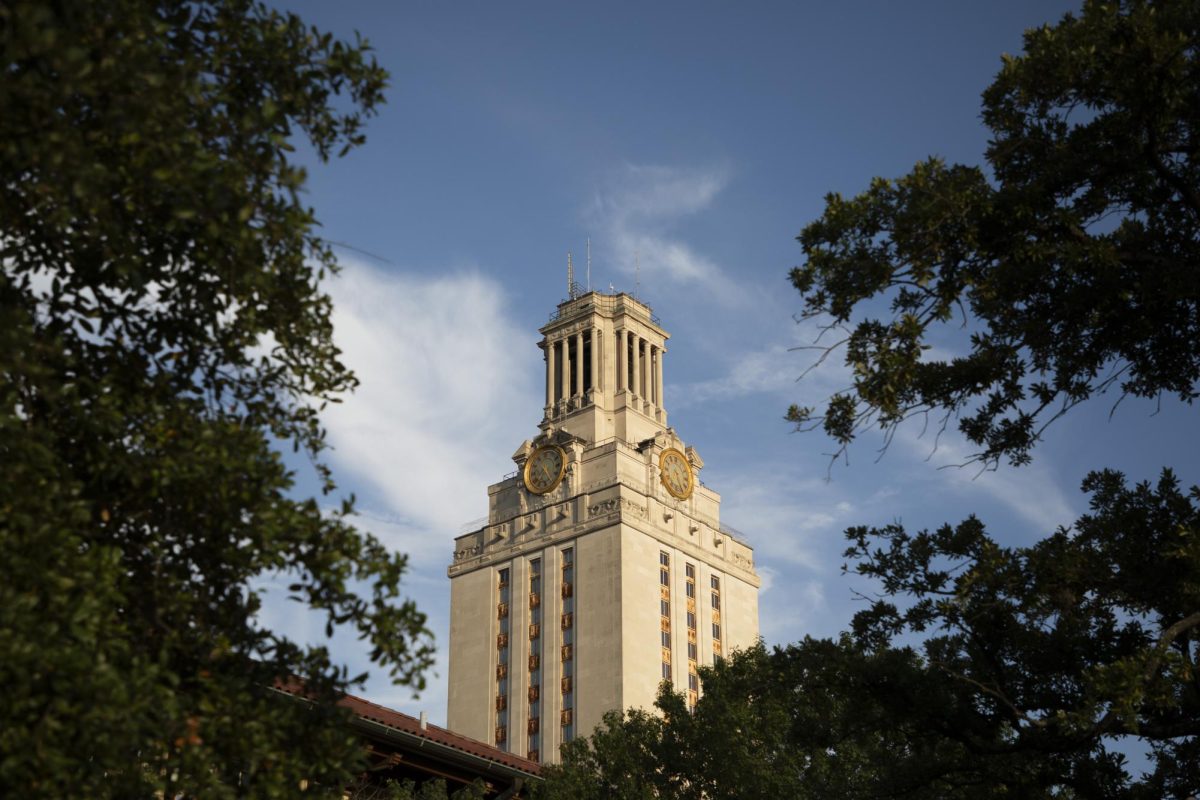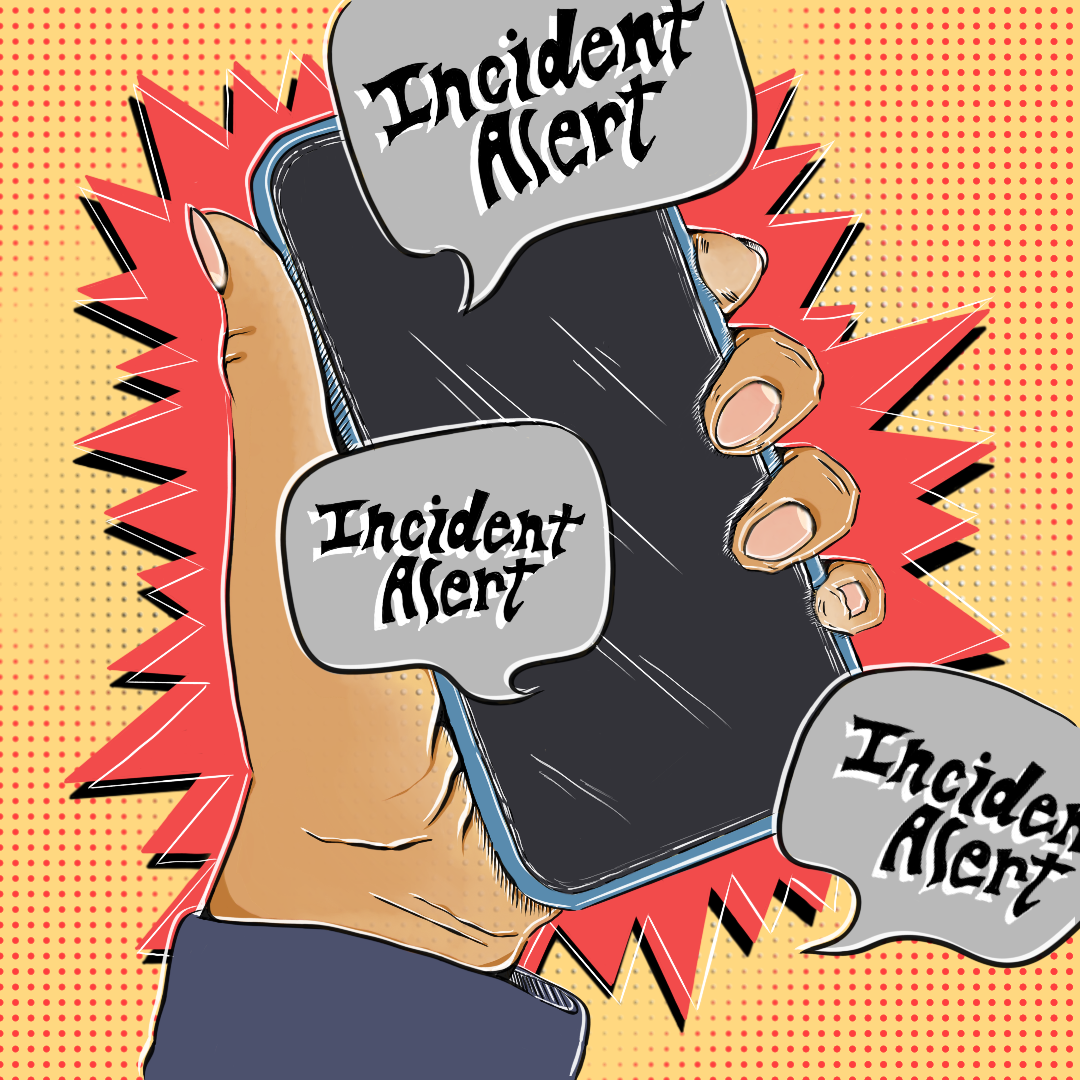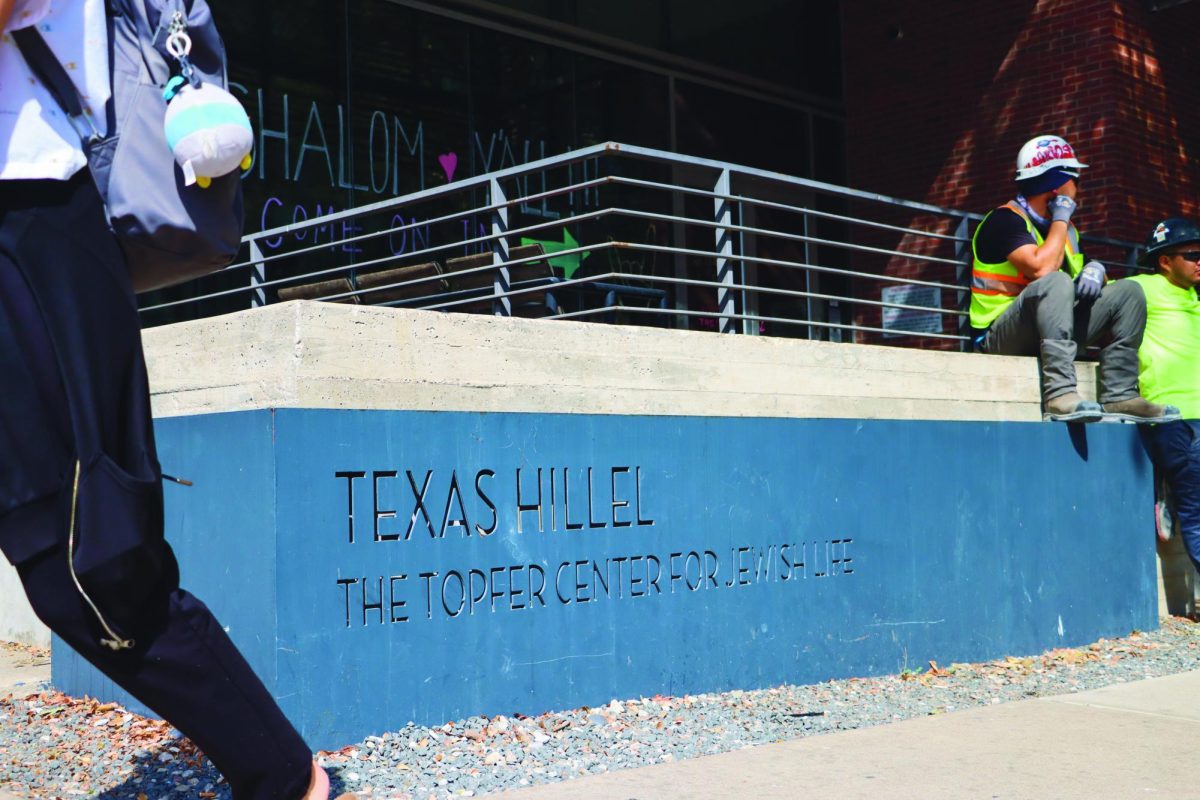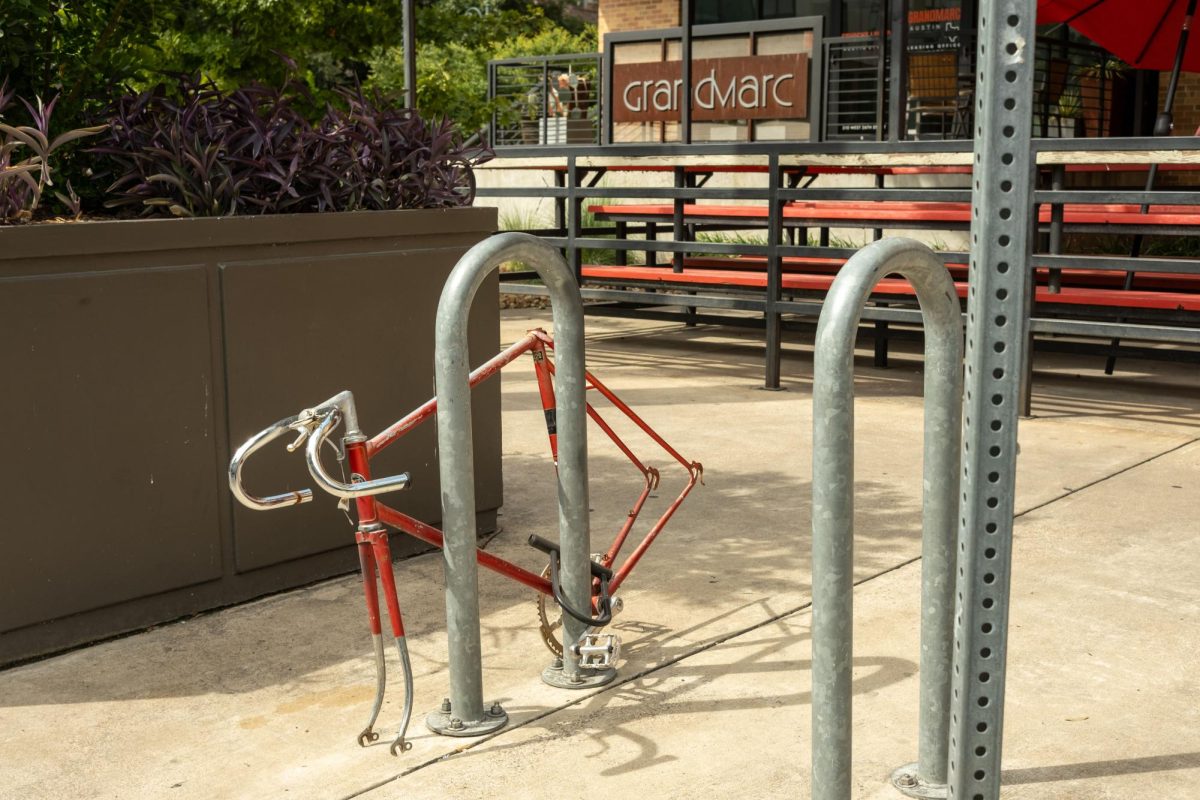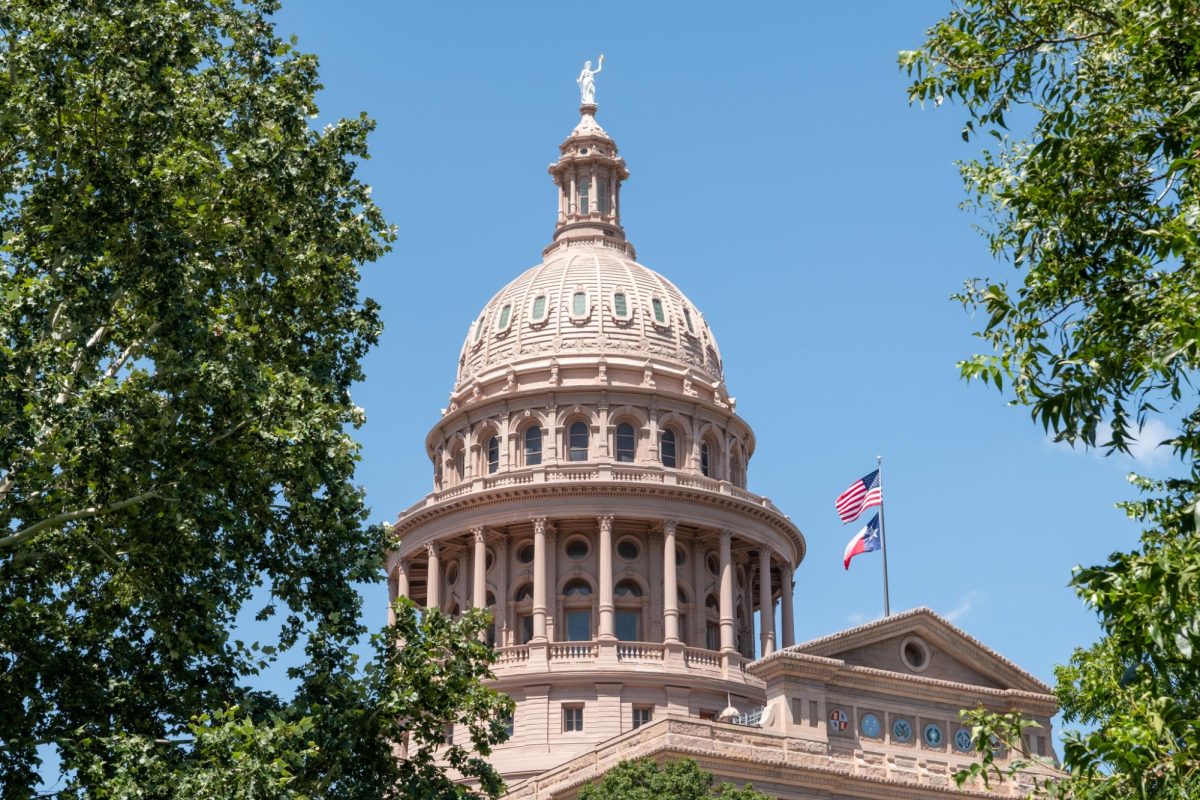Excess heat and dust caused by campus construction projects caused 48 percent of fire alarm activations in 2014, according to data from Fire Prevention Services. Roughly 10 percent of alarms corresponded to valid smoke or heat activations.
UT fire marshal Jimmy Johnson said a variety of construction-related activities could cause a fire alarm to inadvertently go off. In 2014, 143 fire alarm calls were reported while contractors worked on campus construction, Johnson said. Students using the microwave or stove inside dorms to cook caused most alarm activations because of smoke or heat.
“Alarm systems in general have several different types of detection systems. Some are heat detectors; some are smoke detectors,” Johnson said. “They could be doing construction demolition, which can cause dust which will affect the smoke detectors, or they could be doing welding in an area which can cause heat and smoke, which can cause the systems to go off. A variety of general construction techniques
[activate fire alarms].”
Prohibited electric devices in dorm rooms are likely to set off fire alarms, according to San Jacinto resident assistant and history sophomore Cameron Woo.
“There is a whole list of things you cannot have in your dorm room, like a toaster or a rice cooker,” Woo said. “The fire alarms are really sensitive to heat, steam and basically anything in a gaseous state that should not be there and there is an excess of, especially if there is heat involved. If they decide they want to smoke marijuana in the room, there’s that, too.”
UTPD Officer William Pieper said dust coming from outside the building has also caused fire alarm activations in the past.
Once construction begins, Fire Prevention Services works with contractors to strategically reduce accidental fire alarm activations at active construction sites, Johnson said.
“If we know an area is going to be worked on, we coordinate between the group that is doing the work and our fire safety shop so that we can disable the alarms in the area,” Johnson said. “Now they can work without initiating any type of the alarm systems in that vicinity.”
Johnson said trends vary monthly, with the summer months experiencing twice as many construction-related fire alarm activations compared to the academic school year.
“We look at the trends through root-cause analysis,” Johnson said. “We have a big push during the summer months to get construction done. We see a spike in the calls during that time.”
Fire alarm activations in Jester Dormitory, Sid Richardson Hall and Darrell K. Royal-Texas Memorial Stadium have been elevated in past summers as the University carries out extensive renovation projects in the buildings, according to Johnson. The Chemical and Petroleum Engineering Building also experiences more fire alarms because of the potentially volatile research that takes place in the facility, he said.
Pieper said the University’s fire and police departments work together to respond to fire alarm activations.
“We go to every alarm as though it is a valid alarm,” Pieper said. “We won’t know until we find out. We do our part, the fire department does their part, and Fire Prevention Services does their part.”




